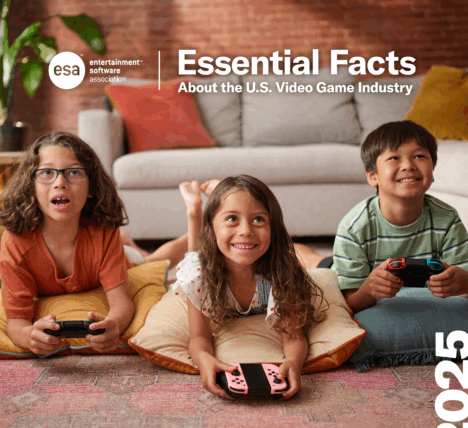
Damola Idowu’s passion for STEAM (Science, Technology, Engineering, Arts and Mathematics) has been an evolving, life-long project. At 16, Damola enrolled at Syracuse University to study Mechanical Engineering and Economics before transferring to Howard University. He was inspired by the autonomous vehicle K.I.T.T. in the Knight Rider series. In D.C., he grew his passion for hip hop music, using it as a way to teach kids about STEAM through characters like Da Great Deity Dah which infused engineering and sci-fi concepts with creative rap lyrics and storylines. When Damola became a father years later, this impulse to share his passion for STEAM blossomed.
“[Raising a son] in Ward 8 of Washington, D.C., the odds weren’t good,” Damola says. So, he made a point to encourage his son Wole to try everything, from freestyle rap to experimenting with technology and designing original prototypes and games. The result? His son graduated high school at 15, worked at EA at 18 and graduated from Carnegie Mellon at 20 with two business minors and an Electrical and Computer Engineering degree.
For Damola, the success of his son raised the question: how would the world change if more kids had the opportunity to have this kind of exposure?
Today, Damola and Wole work together as a father-son duo on Toyz Electronics, a Pittsburgh and DC-based organization founded at Carnegie Mellon through the Swartz Center for Entrepreneurship. From bringing kids to Carnegie Mellon to creating VR games teaching kids about coding, Toyz Electronics is making a concentrated effort to change the game for kids in underserved communities.
The most important thing, as Damola sees it, is lowering the barrier to entry. Equally important is outreach to parents and increasing awareness of the significant career opportunities in STEAM and the video game industry. Damola is also passionate about using the power of art to make STEAM subject matter accessible and relatable, whether through rap or video games (or both).
“Cultural relevance is a huge thing,” he says.
When it comes to reaching kids, Toyz Electronics focuses on a concrete formula: inspire, learn, make, sell. After all, the most success, Damola notes, happens when you let kids tell their own story—and teach them how to do it. Equally important is validating their ideas and empowering them to build upon their ideas. One way to do this is to let kids create their own characters and superheroes in games.
In addition, Damola recognizes representation and access to cutting-edge technology as one of the biggest challenges to diversifying industries. Virtual reality equipment, for example, can be expensive and inaccessible. And, even if the technology is made accessible, there’s no guarantee that representative training is available.
“Even if you get VR tech, how are you training? How are you doing representative training?” he asks.
To address this issue, Toyz Electronics is working on finding ways to make video game development applications available in the cloud. They’re also working with local community colleges and organizations to bring expensive technology and representative training courses to a wider array of people. Despite the success to date, Damola is still focused on finding ways to minimize the lost opportunity he sees in underserved communities nationwide.
“We need larger partnerships and larger organizations with more resources,” he says. Another part of the solution? Amplifying success stories, increasing exposure and opening doors for others. “Story is so powerful,” he says. “You can’t be what you can’t see.”
Learn more about Toyz Electronics here: https://toyzelectronics.com/




